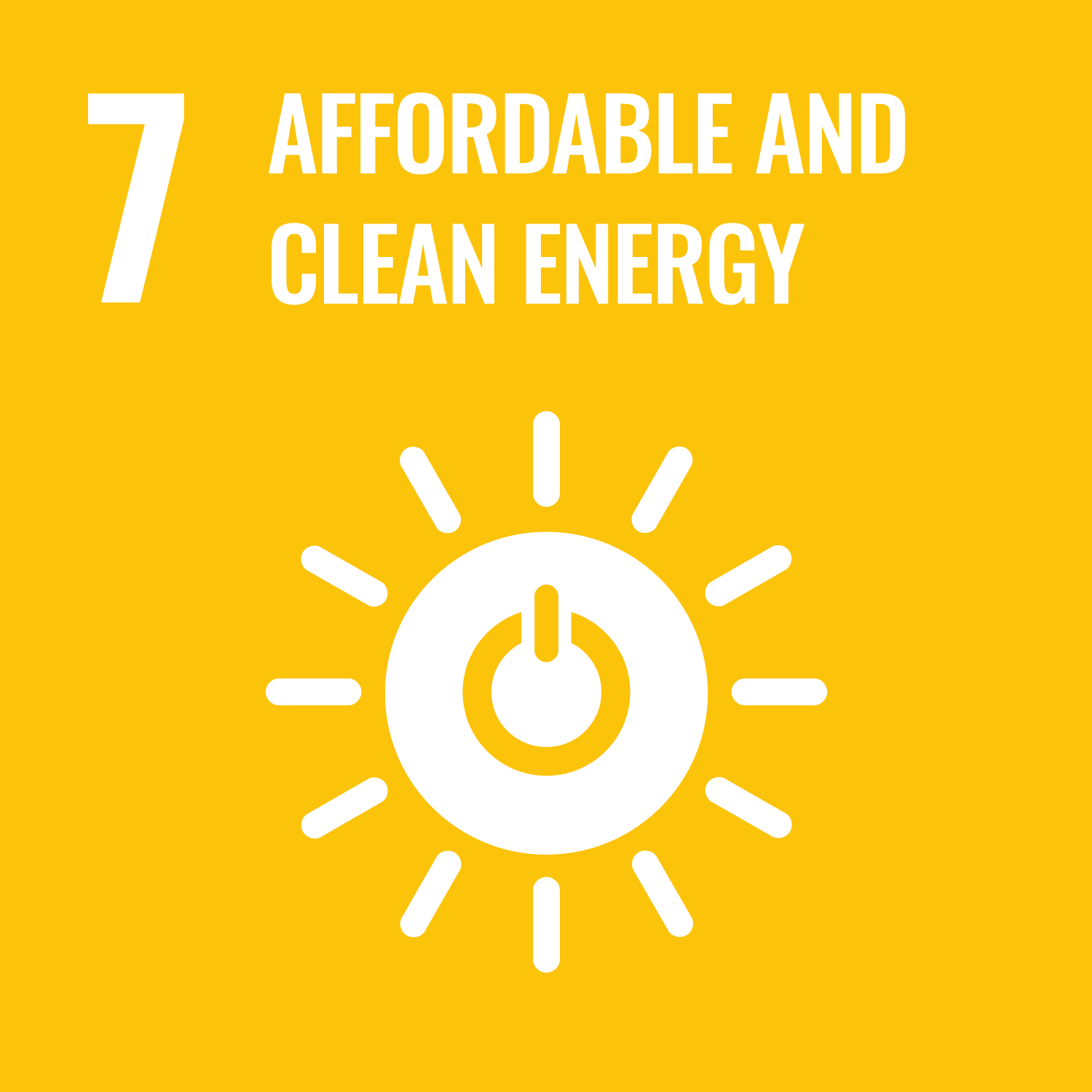One of the issues that the world has been addressing in recent years is the climate change countermeasures. In association with this, supply of mineral resource have been the focus of people’s attention. For this reason, to promote mining development in developing countries, JICA has been cooperating with developing countries for the past 10 years in a human resource development program called "Kizuna Program." Let’s look back on the track record of its past 10 years as well as introducing our visions for the future.
Climate Change Measures and Mineral Resource Development
When it comes to climate change countermeasures, renewable energy such as solar and wind power generation, electric vehicles, and storage batteries should come to mind to many. A wide variety of mineral resources such as copper, nickel, cobalt, and rare metals are essential materials for these. A report “The Role of Critical Minerals in Clean Energy Transitions” released in 2021 from the International Energy Agency (IEA) analysis shows that by 2040, 42 times more lithium, 21 times more cobalt, and 19 times more nickel will be needed when compared to 2020 level. Given these analysis results, the importance of mineral resources has been reaffirmed worldwide, and countries are beginning to develop and secure resources.
The “Kizuna Program”
JICA began the "Kizuna Program" 10 years ago to develop human resources in the field of mineral resources. Aiming for fostering key persons in the mining development, the program’s target are administrative officials in the mining sector in the countries with mining potential, and potential researcher/teacher of universities that foster human resources in the same field. When we started the program, there was a sense of crisis over resource nationalism, rather than responding to a climate-change-driven growing demand for mineral resources. The resource nationalism is the tendency of some nations to withhold resources within the country. In response, JICA began drawing up this program with believing that the following idea would be the common benefit of the world: By diversifying resource-supplying countries through promoting mining development; with more countries joining the resource supplier side, the supply to the international mineral resource markets will be stabilized.
Program Launch
Mining development is carried out by the private sector. What JICA, whose scope is to cooperate with the public sector, can do for the private sector, is to maintain an appropriate investment environment for private sector, and to have the financial management and policy support for utilizing the profits from mining development to benefitting the country’s development. The key to achieve this is the human resources who can formulate and implement the policies. The human resource development is what JICA should do: we worked out for elaborating the program to enabling the participants to acquire the aforementioned policy insights in addition to an understanding of the technical areas of expertise.
The basis of the training program is studying at Japanese universities. Although almost no mines are there in Japan at present, the country’s mining industry used to boom and it led to an industrialized nation. Therefore, the mining-related research is still being conducted at universities. To explain the program’s purpose and to request for accepting the trainees, we visited universities in Japan such as Hokkaido University, Akita University, and Kyushu University, which have substantial mining-related faculties.
Since research and studies at universities alone is not sufficient to acquire knowledge on the practical side, we decided to implement short-term programs at JICA in the summer and spring terms. For example, in the summer short program, the trainees learn broadly such as the resource policy, resource contracts, project finance, fiscal management, environmental measures, and regional development in two weeks of lectures and exercises, while also learning Japan's experience.
With such preparedness in place, the first trainee from Mongolia arrived in Japan in 2014. Since then, 178 trainees have visited Japan to date, and with the addition of 24 trainees scheduled to visit Japan this fall, we are on track to reach our initial goal of 200 trainees in 10 years.
The Future of the Kizuna Program
Accepting 200 people is not our goal. Our goal is developing human resources who will play active roles that will lead to the development of the mining industries in future in their home countries. Some of our graduates have been promoted to important positions after returning to their home countries. We recognize that we are now at the stage of strengthening our relationships with these returnees and linking them toward the actual mining developments. One example: Mr. Désiré from Madagascar has been appointed Director General of Mine and is promoting mining development in Madagascar. Ms. Grace's research results in Zambia have the potential to lead to the discovery of new mineral deposits, and the further study is being considered. In addition, the program plans to conduct joint research and projects initiated by the returnee students and hold exchange meetings between current students and returnees to strengthen the network.
Both the human resource development and resource development require a decade-long, perennial commitment. I believe that the longer the time frame, the greater the results will be. It is exciting to imagine that years from now, in a carbon-neutral society, necessary mineral resources will be supplied from many countries, where Kizuna program graduates will play the key roles. Although this program is a constant struggle, we are working together with Japanese university professors, private companies, current students, and the graduates of the Kizuna program. I dream that someday such a day will come. Going forward, in addition to government officials and researchers, we would like to expand the target of the program to private sector personnel such as executive candidates of the leading mining companies of the countries. By doing so, JICA will further focus on fostering core human resources in the industry, academia, and government, as well as providing support even after the students returning to their home countries.











scroll